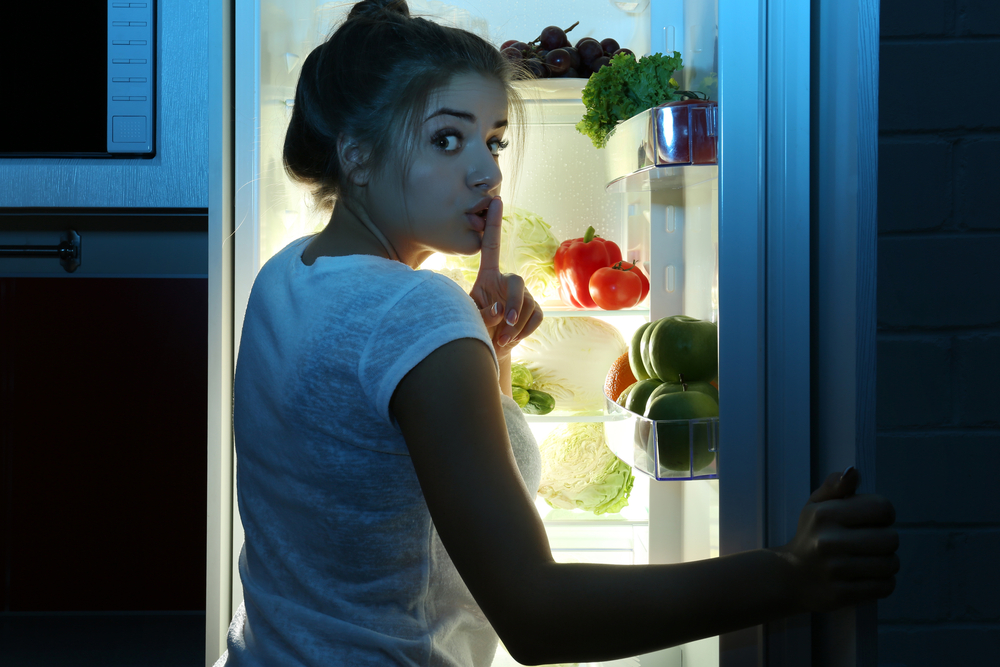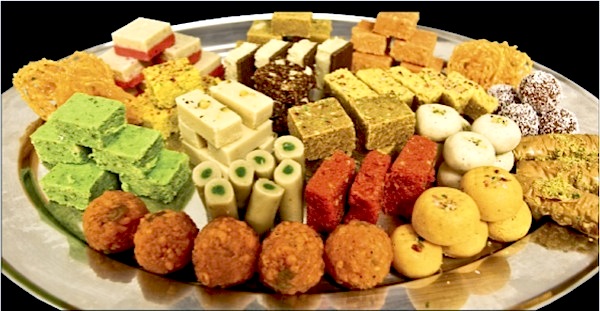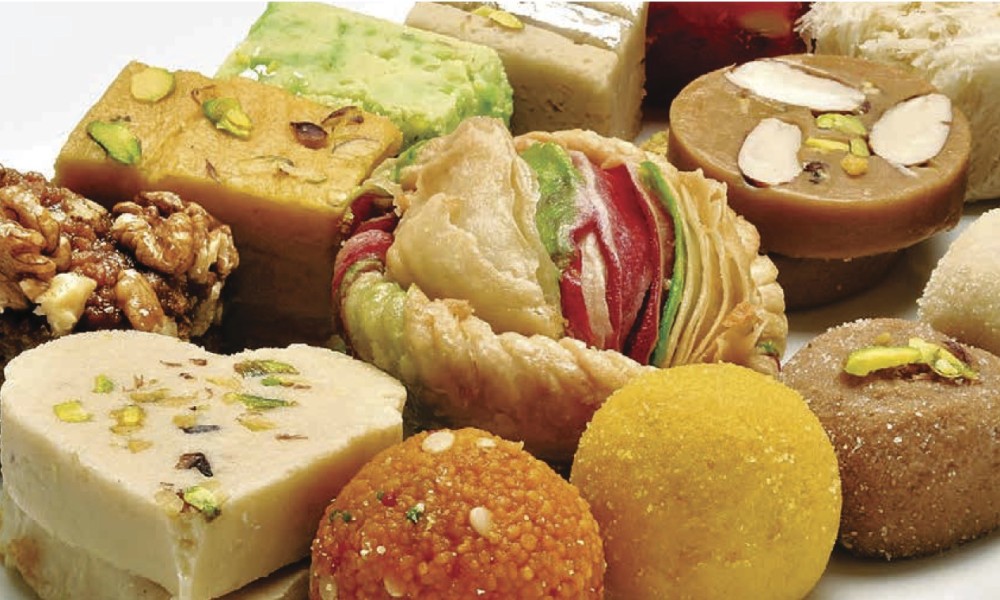For some people, peaceful sleep is not easy to get. It takes time, energy, work and effort. What many people might not know is that lack of sleep could be due to lack of necessary vitamins and minerals. If these nutritional requirements are met, you might get better sleep which in turn would fill your need for sleep.
Here are the nutrients that might help you with your sleep:
Vitamin D
Vitamin D is made in the body with the help of sunlight. Although vitamin D is mainly to help with calcium and other bones to communicate better, it has been proven to increase the risk of sleep disorders. A study has even been found that people who are vitamin D deficiency tend to experience a lot of sleep disorders, have poorer sleep quality and duration.
Vitamin D is also easy to get-you can simply sunbathe before 9am in the morning or drink supplements. Eating more eggs, salmon, tuna fish and mushrooms can also help with the deficiency levels in your body.
Vitamin E
Vitamin E is more commonly known to be a powerful antioxidant that helps with free radical damage, playing a role in cell damage control. The benefits also extend down to a human’s aging process, preventing sleep deprivation-induced memory impairment as well as managing the damage done to the hippocampus after a person has had sleep deprivation.
Sunflower seeds, almonds, leafy greens and wheat germ oil are foods that contain Vitamin E in relatively decent amounts. Another choice you can make is to buy it in capsule form at your local pharmacy.
B vitamins
Some other vitamins can also help you feel sleepier. Vitamin B complexes such as B3, B5, B6, B9 & B12 help regulate Tryptophan inside the body, which then also helps the body produce melatonin. B Vitamins therefore indirectly help the body become more sleepier in parallel with the consumption amount.
Although B-Vitamins are typically included in most multivitamins, you can purchase B-Complex on its own in supplement form. A healthy, well rounded diet with plenty of whole grains, meats, fruit and veggies often provides a good base amount for the body.
Calcium & magnesium
Rather than just incorporating one of these vitamins, using both of these vitamins will help more in your pursuits of better sleep. Lack of calcium results in less Tryptophan (another hormone involved in sleepiness), reducing the amount of Melatonin which helps induce sleep. Patients who are inflicted with magnesium deficiency have one of of the symptoms, which includes chronic insomnia. Results of this study suggest that both of these minerals create a perfect balance for effective sleep.
Try to eat more greens, nuts and seeds to ensure that you get Magnesium and Calcium. Otherwise, you might just as well buy supplements at the local pharmacy nearby.
Theanine
Theanine is an amino acid that is more purposely used to boost chemicals in the brain which help to regulate sleep. Other than that, it can even lower chemicals that excites in the brain. Benefits given by this amino acids can therefore induce sleepiness, speed up the process of going to sleep and improve sleep quality at the same time.
As mentioned, you can get Theanine from green tea, coffee or any food that contains caffeine. Altervatively, you can also find it in supplement form at many pharmacies.
Iron
Those who are experiencing low iron levels can usually find themselves fatigued and experiencing sleep disturbance. Low amount of iron in the body is also said to be a major risk factor in Restless Leg Syndrome( a syndrome said to cause sleeplessness or insomnia). People who are low in iron will find themselves feeling anxious, which makes sleep very tough.
Iron can be found through numerous food sources. Some of the foods that contain the most iron includes Lean beef, oysters, chicken, turkey, beans and lentils, tofu, baked potatoes, cashews, dark green leafy vegetables such as spinach, fortified breakfast cereals, whole-grain and enriched breads.
Another choice is to drink supplements from the doctor. Want a tip? Drinking vitamin C also helps the body absorb iron better. Take the recommended supplements with some apple or orange juice to increase effectivity.
Melatonin
If sleep is just naturally difficult for you, then you can definitely consume more melatonin that can easily be found in any pharmacy. Melatonin is a hormone responsible to make you feel sleepy.
According to experts, consuming should be done with caution. Take it for a short duration of 2 weeks, which would set your natural circadian rhythms help you sleep faster. Stop the supplement consumption afterwards to see how the body reacts.
Some of the things that you can do to help the sleeping process is to turn off the lights and shutting off the screens.
Tryptophan
Tryptophan works to promote melatonin, which helps induce sleep. It is also linked with various issues in the brain such as mood disorders, memory impairment and learning impairment. Consuming this will not only help your cognitive quality but also help with your sleeping problems.
Luckily tryptophan is fairly easy to consume, found in numerous proteins like nuts, seeds, poultry (not just turkey), milk, spinach, eggs and salmon. Another source of tryptophan are supplements sold in local pharmacies.
Vitamin C
Vitamin C is important for many things, including keeping the body healthy and increasing immune system. That is not all as Vitamin C has been proven to help with the quality of sleep. Those who don’t eat enough of it their diets are said to have sleep issues and were more prone to waking up during the night.
Some of the foods you can consume to increase the amount of Vitamin C in the body includes bell peppers, citrus fruits, kiwi, Brussels sprouts and mangoes. This type of vitamin are one of the most commonly found in pharmacies, companies even make vitamins the shape of gummy bears.
Potassium
Potassium is responsible for transmission of energy within each nerve and cell. Its main role is to deliver nutrients to cells while also removing waste from cells. Although it seems farfetched, the lack of potassium in the body is said to actively play a role on how well our slow-sleep phases lasts (deepest phase of sleep cycle).
There are many sources of potassium from bananas, avocados, crimini mushrooms, salmon, leafy green vegetables, and beans. Of course, supplements are available, too.
Vitamins and minerals may be directly connected to our energy levels, but lack of it can heavily influence the state of our body. A simple and natural thing such as sleep can even be heavily affected by the lack of vitamins in our system. You can check your symptoms based on what you lack in your diet based on the article above, or even check with your doctor first and foremost to make sure.
Have you had any experience with sleep deprivation with the instances above? Share with us in the comment ssection below.






